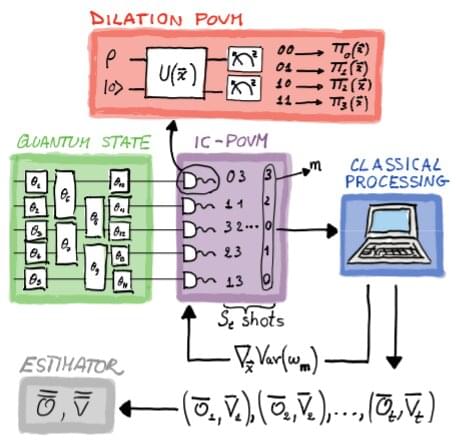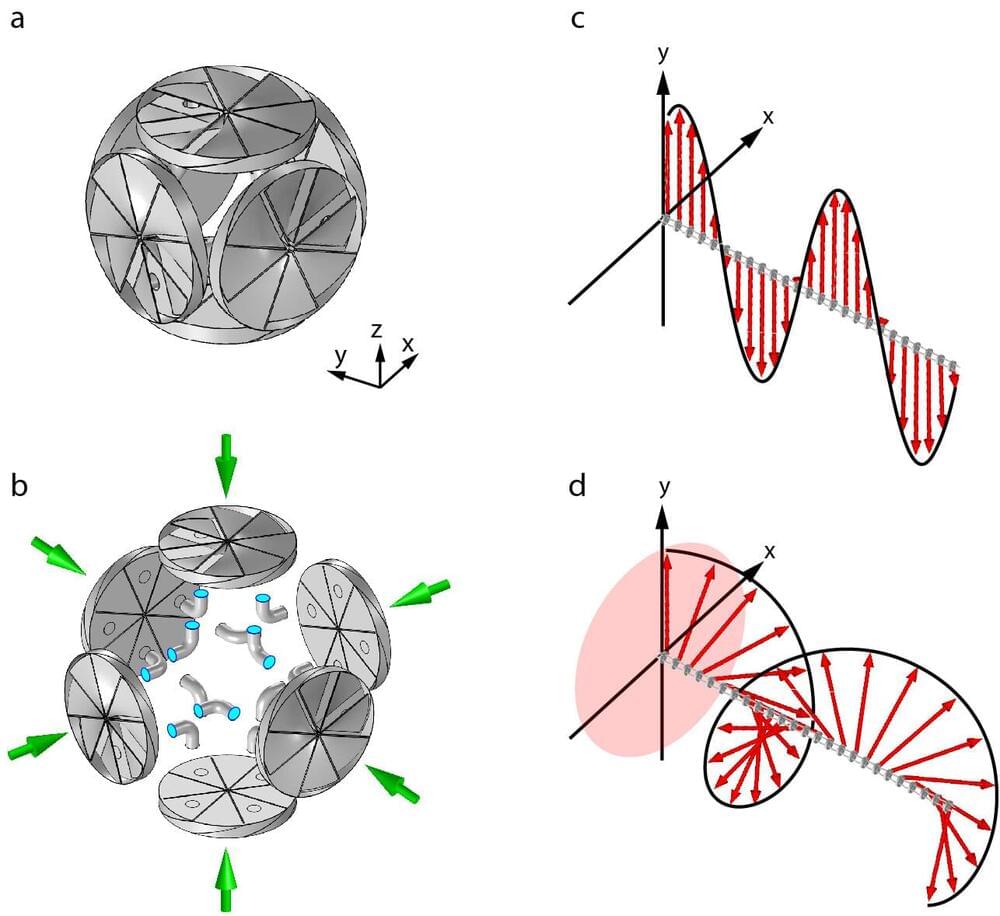Quantum computers have the potential to solve important problems that are beyond reach even for the most powerful supercomputers, but they require an entirely new way of programming and creating algorithms.
Universities and major tech companies are spearheading research on how to develop these new algorithms. In a recent collaboration between University of Helsinki, Aalto University, University of Turku, and IBM Research Europe-Zurich, a team of researchers have developed a new method to speed up calculations on quantum computers. The results are published in the journal PRX Quantum of the American Physical Society.
“Unlike classical computers, which use bits to store ones and zeros, information is stored in the qubits of a quantum processor in the form of a quantum state, or a wavefunction,” says postdoctoral researcher Guillermo García-Pérez from the Department of Physics at the University of Helsinki, first author of the paper.








